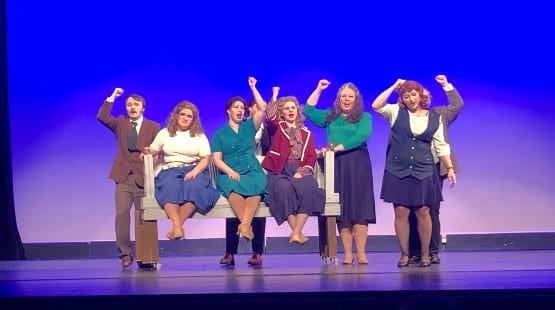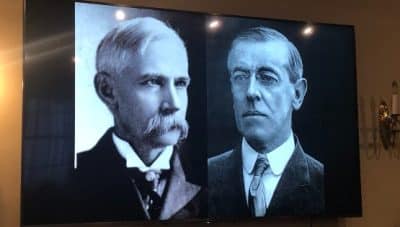
W&L School of Law’s Journal of Civil Rights and Social Justice and the Roger Mudd Center for Ethics are sponsoring the symposium. Admission is free and it is open to the public, except for the invitation-only dinner and program on Feb. 19.
“Part of the motivation for the Mudd Center’s focus on race and justice in America this year was the fact that 2014-2015 marks the 50th anniversary of the landmark passage of the 1964 Civil Rights Act and 1965 Voting Rights Act,” said Angela Smith, director of the Mudd Center for Ethics and Roger Mudd Professor of Ethics. “We wanted to do something to celebrate these historic pieces of legislation, and also to critically reflect on the civil rights and voting rights challenges that we still face in this country 50 years after these momentous legislative achievements.”
The ACLU’s National Security Project, of which Shamsi is director, is dedicated to ensuring that U.S. national security policies and practices are consistent with the Constitution, civil liberties and human rights. She has litigated cases upholding the freedoms of speech and association, and challenging targeted killing, torture, unlawful detention and post-9/11 discrimination against racial and religious minorities.
Shamsi’s work includes a focus on the intersection of national security and counterterrorism policies with international human rights and humanitarian law. She previously worked as a staff attorney of the National Security Project and was the acting director of Human Rights First’s Law and Security Program. She also served as senior advisor to the U.N. Special Rapporteur on Extrajudicial Executions.
Shamsi appears regularly in the media and has served as a national security expert for news outlets including The New York Times and Reuters, and has appeared on ABC News, NPR and the BBC. She is the author or co-author of publications on targeted killing, torture and extraordinary rendition, and has monitored and reported on the military commissions at Guantánamo Bay.
She is also a lecturer-in-law at Columbia Law School, where she teaches a course in international human rights.
The symposium will bring together leading experts in the fields of law, political science, sociology, philosophy, history and others to discuss the history and current status of civil rights legislation.
There will be four panel discussions and a dinner keynote talk. The panel topics will cover 50 Years after the Voting Rights Act of 1965; Brown v. Board of Education and Affirmative Action in a Post-Racial America; Immigration Rights and Citizenship Rights as Civil Rights; and The Future of Civil Rights.
The dinner keynote talk on Feb. 19 will be delivered by Guy-Uriel Charles, associate dean of Duke University Law School and founding director of the Duke Law Center on Law, Race and Politics.










